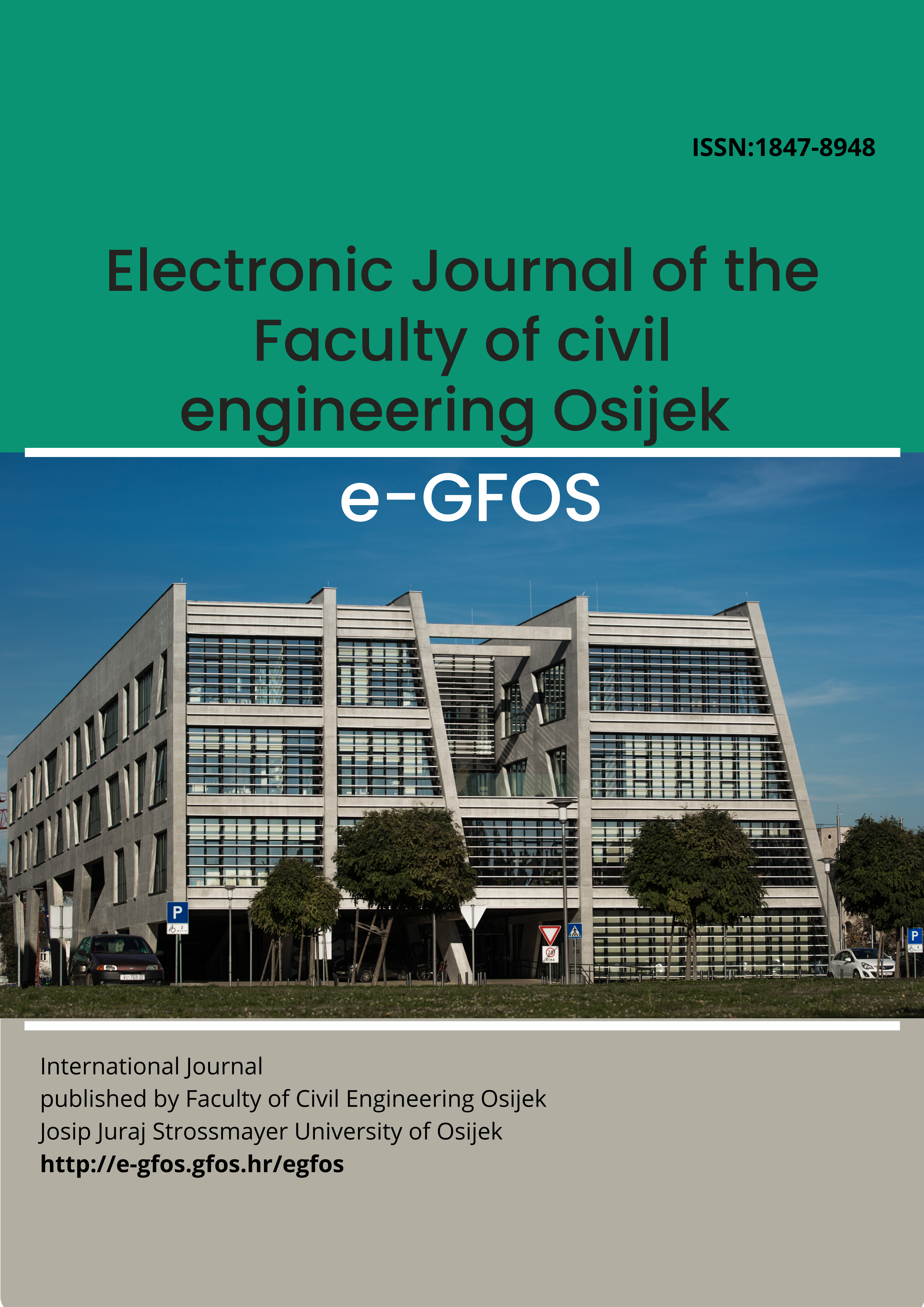Application of natural coagulants extracted from common beans for wastewater treatment
Keywords:
natural coagulants; common bean; coagulation activity; wastewater treatmentAbstract
In this paper, the possibility of applying natural coagulants obtained from common beans for the removal of colloidal particles from wastewater was investigated. Three types of wastewater were used in the experiments: stillage from bioethanol production, wastewater from sugar production, and synthetic turbid water. Natural coagulants were extracted from crushed beans using 0.5 M NaCl. Jar tests were conducted with different doses of coagulant at different pH values. After sedimentation, coagulation activity was determined by turbidity measurements. Results showed that the highest coagulation activity of the natural coagulants from common beans was achieved in stillage, at 98.8% (at pH 9 with applied dose of coagulant of 5 mL/L), while the coagulation activity in the synthetic turbid water was 90.1% (at pH 8 and a dose of 0.4 mL/L). The lowest coagulation activity was achieved in the wastewater from sugar production, at 49.8% (at pH 5.5 and dose of 0.4 mL/L).

